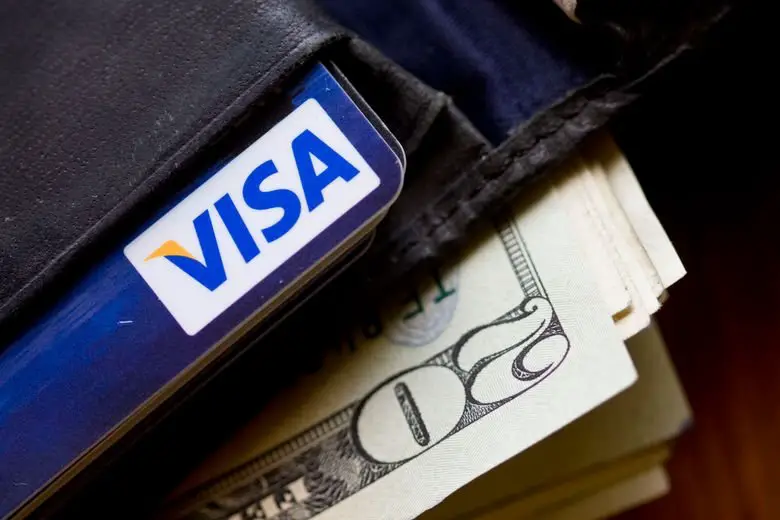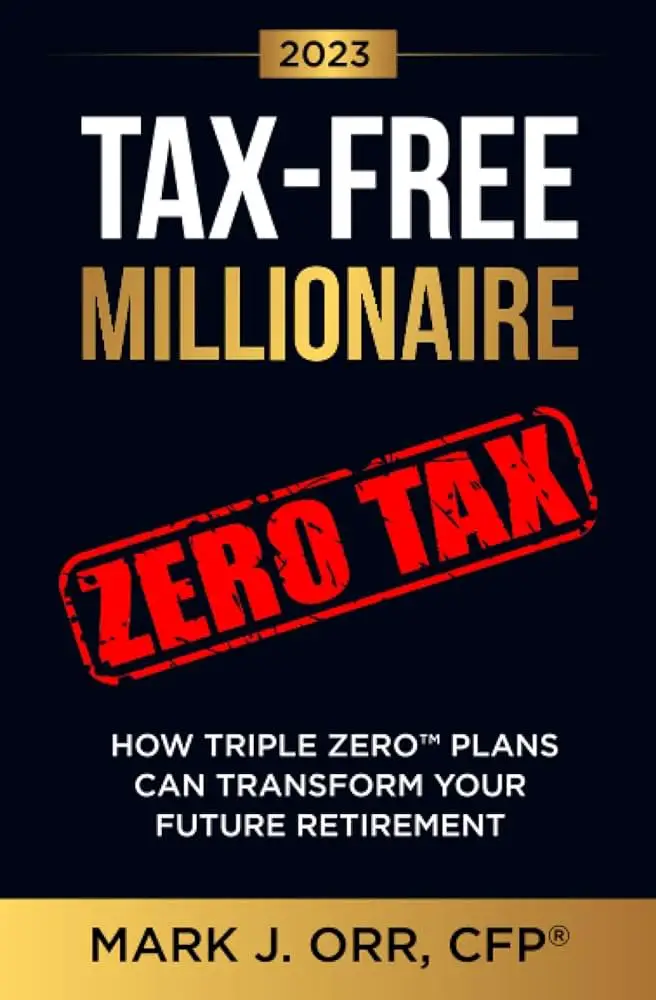Are you a freelancer seeking financial security? Look no further! In this article, we will delve into the essential art of negotiating freelance contracts to safeguard your financial well-being. It’s crucial to understand how to negotiate effectively in order to ensure fair compensation, protect your rights, and establish long-term financial stability. By mastering the art of negotiation, you’ll be able to build robust contracts that not only benefit you financially but also foster strong and fruitful professional relationships. So, let’s dive in and explore how to negotiate freelance contracts for financial security.
How to Negotiate Freelance Contracts for Financial Security
Freelancing offers numerous benefits, such as flexibility and the ability to work on your own terms. However, ensuring a stable income and financial security can be a challenge. One crucial aspect of achieving financial stability as a freelancer is negotiating contracts effectively. By mastering the art of negotiation, you can secure better rates, protect your rights, and establish long-term financial security. In this article, we will explore the key strategies and tactics you can employ to negotiate freelance contracts that prioritize your financial well-being.
Understanding the Importance of Negotiating Freelance Contracts
When starting out as a freelancer, it can be tempting to accept any offer that comes your way. However, failing to negotiate contracts can leave you financially vulnerable. Negotiating contracts allows you to:
- Establish fair compensation for your work
- Protect your intellectual property rights
- Set clear project deadlines and milestones
- Define project scope
- Establish a good working relationship with clients
By negotiating contracts, you can set the foundation for a successful freelance career and ensure your financial stability.
Researching and Understanding Your Market Value
Before entering into contract negotiations, it is essential to determine your market value as a freelancer. Understanding what your skills and experience are worth in the industry will empower you to negotiate fair rates. Here’s how you can research and identify your market value:
- Conduct online research: Explore freelance platforms, industry forums, and job postings to gather information about average rates for similar projects.
- Reach out to fellow freelancers: Connect with other freelancers in your field and seek their insights on rates and negotiation strategies.
- Consider your expertise and experience: Evaluate your unique skills, experience, and qualifications that differentiate you from others in the market. These factors can justify higher rates.
- Assess the client’s budget: Research and analyze the typical budget range of potential clients. This knowledge will help you negotiate within reasonable limits.
By understanding your market value, you can negotiate contracts from a position of knowledge and ensure your financial security.
Preparing for Negotiations
Effective preparation is crucial when entering contract negotiations. Here are some key steps to take before engaging in the negotiation process:
Gather Information about the Project
- Thoroughly review the project requirements: Carefully read the project brief, specifications, and any supporting documents provided by the client. Ensure you have a clear understanding of the project’s scope and deliverables.
- Ask clarifying questions: If any aspect of the project is unclear, don’t hesitate to reach out to the client for clarification. Having a comprehensive understanding of the project will enable you to negotiate effectively.
- Consider potential challenges: Identify any potential roadblocks or challenges that may arise during the project. Anticipating and addressing these issues upfront will demonstrate your professionalism and enhance your negotiation position.
Determine Your Negotiation Priorities
Before entering negotiations, it’s important to identify your priorities. Reflect on what matters most to you in the freelance contract and establish your non-negotiables. These priorities may include:
- Compensation: Set a minimum acceptable rate and consider any additional compensation components such as royalties or performance-based bonuses.
- Ownership and rights: Determine your stance on intellectual property rights and ensure they are protected in the contract.
- Payment terms: Consider the ideal payment schedule, whether it’s upfront, milestone-based, or upon project completion, and negotiate accordingly.
- Project timeline: Assess your availability and establish realistic project timelines that suit both your and the client’s needs.
By determining your negotiation priorities, you can focus your efforts on securing the most beneficial terms for your financial security.
Effective Negotiation Strategies
Negotiation is both an art and a skill. Adopting the following strategies will help you negotiate freelance contracts successfully:
Build Rapport and Establish Mutual Benefits
Approach contract negotiations as a collaborative process rather than a confrontation. Building rapport with the client and emphasizing the mutual benefits of the partnership can create a positive negotiating environment. Highlight how your expertise and deliverables will add value to their business and contribute to their success. By framing the negotiation in this manner, you set the stage for a win-win outcome.
Present a Compelling Proposal
To strengthen your negotiation position, prepare a compelling proposal that showcases your skills, experience, and value proposition. Your proposal should include:
- A summary of your qualifications and relevant past projects
- A clear outline of how your services will address the client’s needs and objectives
- A detailed breakdown of the deliverables, project timeline, and milestones
- A transparent pricing structure that justifies your rates
A well-structured and persuasive proposal enhances your credibility and increases the likelihood of securing favorable contract terms.
Understand and Utilize Negotiation Techniques
As you enter the negotiation process, keep in mind the following techniques:
- Active listening: Pay close attention to the client’s needs, concerns, and expectations. By actively listening, you can address their underlying motivations and tailor your negotiation approach accordingly.
- Ask open-ended questions: Open-ended questions encourage the client to share more information, providing valuable insights that can inform your negotiation strategy.
- Seek alternatives: If faced with an impasse, explore alternative solutions and compromises that can meet both parties’ needs. Flexible thinking and problem-solving can lead to mutually beneficial agreements.
- Stay confident and assertive: Have confidence in your skills and the value you bring to the table. Assertively communicate your position while remaining open to productive conversation.
Employing these negotiation techniques will help you navigate challenging discussions and secure a contract that promotes your financial security.
Securing Long-Term Financial Stability
While individual contract negotiations play a significant role in your financial security, long-term stability requires continued effort. Here are some additional considerations for securing your financial well-being as a freelancer:
Build Strong Client Relationships
Investing in strong client relationships can lead to recurring work and referrals. Satisfied clients are more likely to offer higher rates, longer-term contracts, and additional projects. Focus on delivering exceptional results, maintaining clear communication, and building trust with your clients.
Diversify Your Client Base
Relying on a single client for the majority of your income can be risky. Try to diversify your client portfolio by targeting different industries, sectors, or geographical locations. This diversification can protect you from potential financial setbacks if one client decides to end the contract or reduces their workload.
Continuously Improve Your Skills
Invest in your professional development by staying updated with the latest industry trends, acquiring new skills, and expanding your expertise. By continuously improving your skill set, you become more valuable to clients, opening doors to higher-paying opportunities.
Save for Financial Security
As a freelancer, your income can fluctuate. To mitigate any financial uncertainties, establish an emergency fund and save a portion of your earnings for unexpected expenses or periods of lower income. Having a financial safety net will provide peace of mind and ensure you can weather any financial storms.
Negotiating freelance contracts is an essential skill for achieving financial security as a freelancer. By thoroughly researching your market value, preparing for negotiations, employing effective strategies, and focusing on long-term stability, you can secure contracts that protect your rights, compensate you fairly, and contribute to your financial well-being. Remember that negotiation is a continuous process, and mastering it will set you on the path to a successful and secure freelance career.
How To Make A Freelance Contract in Less Than 30 Seconds
Frequently Asked Questions
Frequently Asked Questions (FAQs)
How can I negotiate freelance contracts for financial security?
Here are some common questions and answers to help you negotiate freelance contracts for financial security:
How do I determine my worth as a freelancer?
To determine your worth as a freelancer, consider factors such as your expertise, experience, and the value you bring to clients. Research industry rates, analyze your skills, and assess market demand to set your pricing accordingly. It’s important to strike a balance between attracting clients and ensuring fair compensation for your services.
What should I include in a freelance contract?
A freelance contract should clearly outline the scope of work, deliverables, project timeline, payment terms, and any additional terms and conditions. It’s essential to include clauses that protect your rights, such as a late payment clause or intellectual property rights clause. Consider seeking legal advice to ensure your contract is comprehensive and protects your financial interests.
How do I negotiate payment terms with clients?
When negotiating payment terms with clients, clearly communicate your expectations upfront. Discuss factors such as payment schedule, payment methods, and any applicable fees. Aim to strike a balance between ensuring timely payments and accommodating client preferences. It’s crucial to establish a mutual understanding to avoid any confusion or disputes regarding payment.
What strategies can I use to negotiate higher rates?
When negotiating higher rates as a freelancer, emphasize the unique value you bring to the table. Showcase your expertise, track record, and successful projects. Research market rates and provide evidence of how your services align with or surpass industry standards. Be confident and persuasive in articulating why your rates are justified, but also be open to negotiation to reach a mutually beneficial agreement.
How do I protect myself from non-payment or late payment?
To protect yourself from non-payment or late payment, it’s crucial to include specific clauses in your freelance contract. Consider including a late payment penalty clause that outlines consequences for delayed payments. You can also request a partial upfront payment or implement milestone-based payments to ensure a steady cash flow throughout the project. Regularly communicate with clients about payment expectations and address any issues promptly.
Should I consider using a freelance platform to negotiate contracts?
Using a freelance platform to negotiate contracts can have its advantages. Platforms provide a secure environment for finding clients, handling payments, and managing contracts. They often offer dispute resolution mechanisms and provide additional protection against non-payment. However, keep in mind that some platforms charge fees or impose restrictions. It’s crucial to carefully review the terms and conditions of the platform and evaluate whether it aligns with your business goals.
How can I build trust with clients during contract negotiations?
Building trust with clients during contract negotiations is essential. Clearly communicate your capabilities, demonstrate your expertise, and share relevant portfolio samples or testimonials. Respond promptly to client inquiries and address any concerns they may have. Transparency and open communication will help establish a strong foundation of trust with your clients.
What should I do if a client insists on unfavorable contract terms?
If a client insists on unfavorable contract terms, carefully evaluate the risks and benefits before making a decision. Consider negotiating alternative terms that better protect your financial interests. If an agreement cannot be reached, it may be necessary to decline the project and seek clients who are willing to agree to more favorable terms. Remember, it’s important to prioritize your financial security and find clients who value your expertise.
Final Thoughts
Negotiating freelance contracts is essential for achieving financial security. Start by clearly defining your scope of work, rates, and payment terms. Emphasize your value and showcase your expertise to strengthen your position. Communicate openly and honestly with clients to ensure mutual understanding and expectations. Be prepared to negotiate, but also know your limits and stick to what is fair. Protect yourself by including clauses for late payments, scope creep, and project cancellations. By mastering the art of negotiation, you can safeguard your freelance career and secure your financial stability. How to negotiate freelance contracts for financial security is not just a skill, but a necessity.



